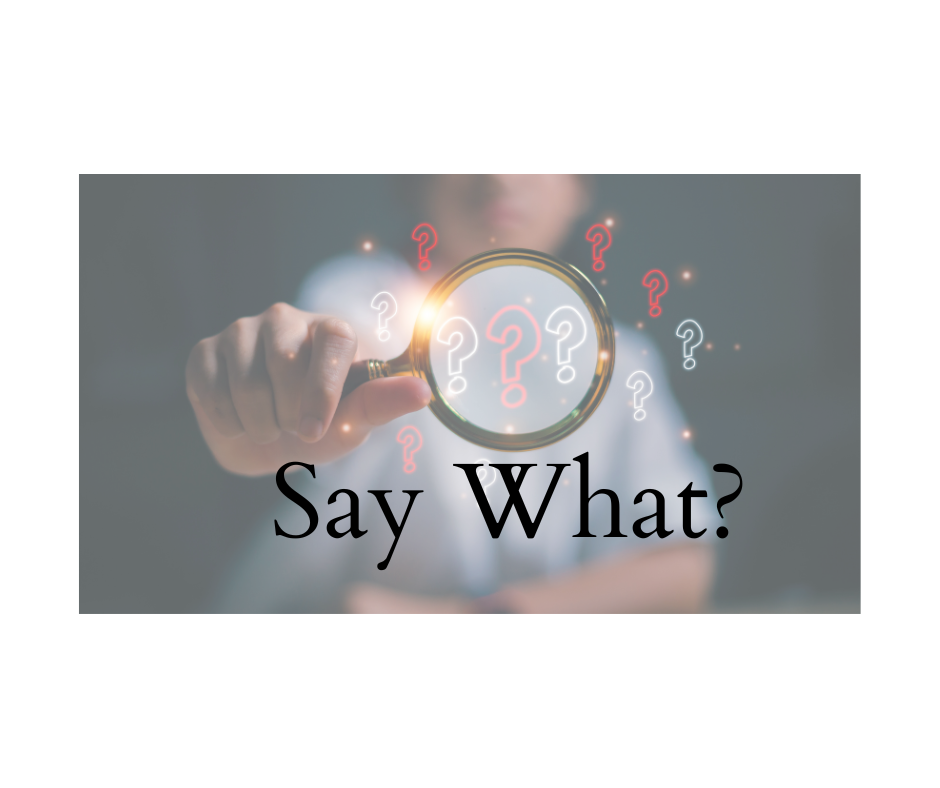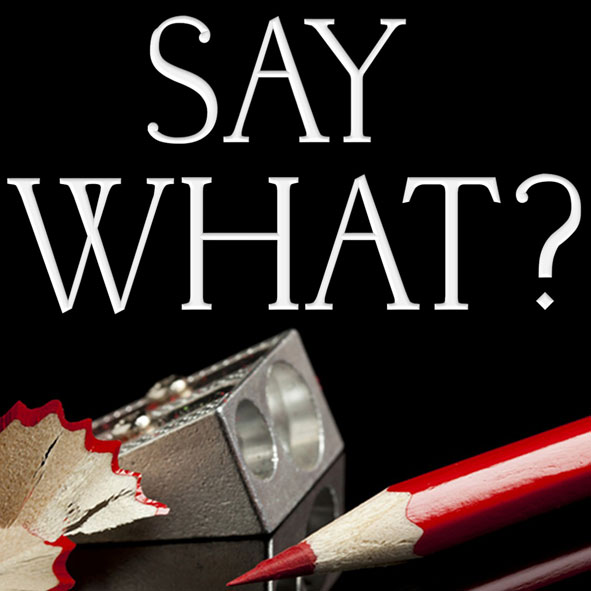Let’s Get Social in Our Terms
Social media words have made their way into nearly every aspect of our lives. Its terminology is now part of our literary world as well.
- Google made its way into Merriam-Webster’s in 2006 as a verb. While M-W recognizes both the capped and uncapped variations, the folks at Google are touchy about using the term for just any search engine. If you’re using Google, fine. But with another search engine, the preferred phrasing is: “I did an Internet search.” Because Google is a trademarked name, it is capitalized.
- Twitter and tweets are (excuse the pun) birds of a different feather. Because Twitter is another trademarked/brand name and to distinguish it from sound a bird makes, capitalize Twitter, but the most accepted style for tweet, since it’s a verb form of an action and not directly derived from the company name, is to lowercase that word.
- In another lifetime text referred only to the printed word. Now that texting is a popular way of communicating, new uses of the word are part of our vocabulary. Texting is now both a verb and a noun. As such it has a present (texting) and past (texted) tense.
- And what about the terminology related to signing in to your computer? Are logon and login nouns? Verbs? One word? Two words?
Follow along: logon (one word) is a noun referring to the procedure used to access an operating system or application. It usually requires a user ID and password—also known as a login (one word).
Log in and log on and are verb phrases that refer to the process of entering the required information to get into an operating system or application; log off is the process of ending a session.
- I used my login to log on to that website. Don’t log in to my Twitter account without my permission! But feel free to retweet my tweets.
Don’t expect this to be the final word on this rapidly changing segment of our language. But keep in mind that the English language has been changing for hundreds of years. It’s both bane and blessing. And yes, you can tweet that.









Have you ever read Ambrose Bierce’s Devil’s Dictionary? Bierce would have a field day defining all the social media terms in an updated version. Perhaps it would be called Devil’s Dictionary 2.0.
What’s very interesting is the how Google doesn’t seem to be happy with people using the word “google” to define any old Internet search. Isn’t that just good marketing? I mean, eventually all those silly Bing people will come around, right? Just hammer them with the produce placement verb “google” enough times and they will see the light.
Fascinating study of our current lexicon of social media terms. Thanks for posting!
I loved this! How about clarifying something for me. Is it email or e-mail? I’m sure there’s a verb in there somewhere as well. 🙂
Thanks for a nice overview of the trends in English due to technology.
So far the rule is e-mail, and for any word that starts with the “e” for “electronic.” But I believe that will soon change, and I personally use email (because I’m pushing for that change) in my casual writing. But if you need/want to follow the CMOS rule, use the hyphen. And e-mail is both a noun and verb.
Hi CS, My new book title is The e-Murderer. That’s how I want it written. I’m not sure what my publisher will do with it. What are your thoughts? Thanks!